Filmmaker Focus: Rocky Romano
LS/FF Filmmaker Q&A – Rocky Romano
These are stories that are easy to tell, and there are those stories that are difficult to tell – but often taking the hard road yields the biggest rewards. In bringing Anthony Ruffo’s story to the big screen, Rocky Romano chose the latter, and the resulting film shines a light on an aspect of surfing that is usually only discussed in hushed tones. Learning to Breathe may delve into surfing’s darker side, but in doing so it offers a ray of hope for the future and has been a hailed as one of the most important surfing documentaries to date.
Learning to Breathe had its European Premiere at the London Surf / Film Festival 2013 and was awarded the Best Documentary Award by the jury. Chris Nelson caught up with Rocky Romano to talk about the making of his film.
Tell us about yourself – where did you grow up and has surfing and capturing images always been a major part of your life?
I was born on the East coast of the US, but moved to Southern California when I was really young. Growing up in California, having access to so many great beaches, and being immersed in culture driven by an ocean-minded mentality, gave me a great appreciation for the ocean and all water sports. I started swimming competitively at a young age and water became a huge part of my life. I swam, played water polo, surfed, and worked as a lifeguard my entire childhood and teenage years. My pursuit of my passions ended up bringing me to the Sierra Nevada mountains were I took my surfing skills and applied them to ripping powder on a snowboard. I spent over a decade as a sponsored big mountain snowboarder and class V raft guide in Lake Tahoe, California. Making videos for our rafting customers and being part of the process of making snowboard films is how I discovered my love for creating films and videos. That was also when I abandoned reality and began this insane pursuit to tell stories, and somehow make a career out of it.
Can you tell us a bit about the film, what lead you to this story and how was it that the film came about?
I was in Santa Cruz for the premier of our award-winning film “Ride A Wave” when I first learned of Anthony’s story. At first, I really wanted nothing to do with a meth-dealing surfer, but after some soul searching and long discussions, I realized that if I only told the easy stories, then I really was not the filmmaker that I thought I was. The realization that it is up to each and every one of us to make changes in our community, regardless of the personal hardship, became the driving force of this film. Funnily enough, what ended up being my introduction to Anthony, and starting the entire project, was a simple Facebook message. From there it became a journey into a world, culture, and person that that was filled with extremes. From filming Anthony on meth, to going to rehab with him, to having to hide out from the DA and Fed’s because they were trying to seize my hard drives (based on the suspicion that I had evidence of crimes committed on film), the experience has been life changing. Most importantly the journey has taught me perseverance, and that I am at least a little closer to being the filmmaker that I want to be.
This is a film that’s very open about a real problem in surfing and society in general – but it is also surprisingly uplifting and honest. Did that surprise you?
I was very surprised that the film became a positive and uplifting film. I honestly thought that I was going to film Anthony from meth-addict to state prison inmate. A lot of credit should go to Anthony and the program that he chose to use to get better. His choice to make a change, and his courage to share his life truthfully on film, is what made this story a positive one.
Surfing has always looked at its issues with drugs in a historical context – be it cocaine or heroine, it always seems to be an issue associated with the seventies or eighties. Do you think surfing is finally breaking its code of silence and looking at some of the issues it has now?
I know that some of surfing culture is breaking the code of silence, because they did so in this film. They deserve a huge amount of credit for openly discussing the subject. From my experience interviewing them, they were all just fed up with the silence. Silence has been killing athletes and ruining lives for decades, it is just time to try another way. I think that surfing is taking a hard look at the problem, but only time will tell if their efforts will have results.
The film has received some great reviews. What was the hardest part about bringing the film to the screen and what has been the most rewarding?
Everything was the hardest part. In particular, the struggle to fund the film for three years, and not have a paying job for three years, was often overwhelming. Without the support of family, friends, and the amazing people that helped make this film, I would not be answering these questions today. The most rewarding part would have to be knowing that those people believed in me and making a difference, and that I did not let them down. It is also very rewarding that the surf film festival community has embraced this film and story, so thank you.
